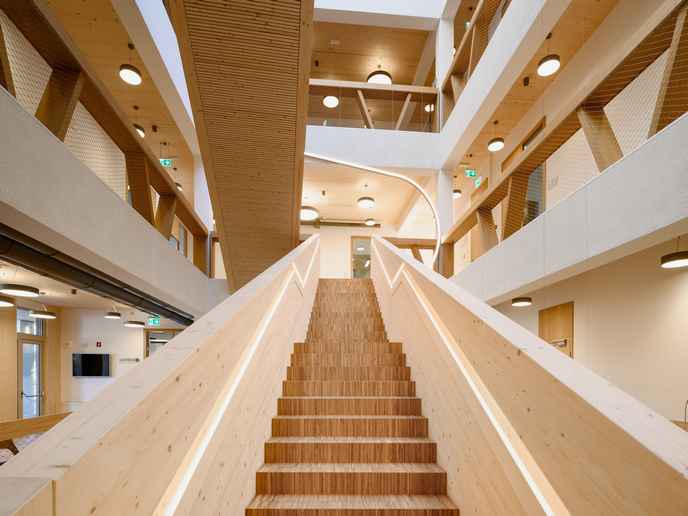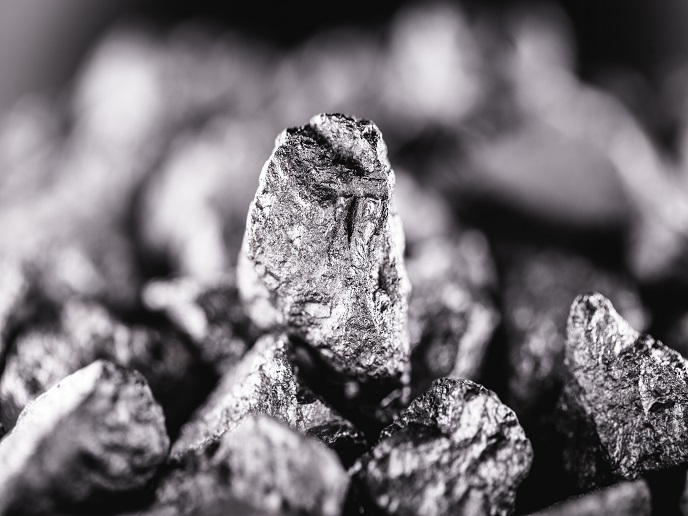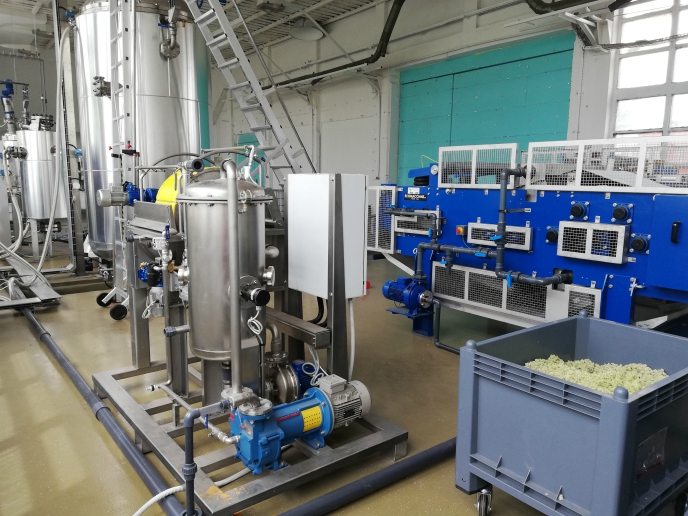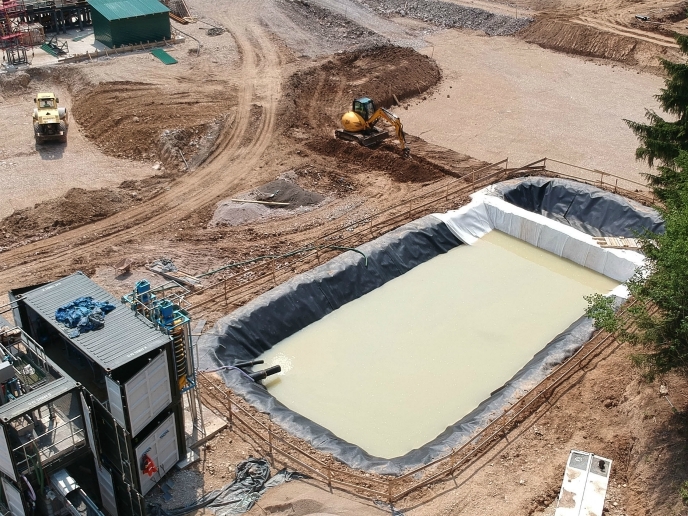Drawing inspiration from nature to build the human habitat of the future
Sustainable built environments are regenerative and inclusive spaces that minimise environmental impacts through decarbonisation and lead to positive societal and economic impacts. The EU-funded InnoRenew CoE project was launched with the aim to develop and operate a new research institute focused on conducting cutting-edge scientific research regarding renewable materials utilisation and creating the next generation of experts and technologies. “In only 6 years the research institute InnoRenew CoE has become a fully operational institute, with its own facility and state-of-the-art research laboratories and equipment, clearly stated research and business objectives, an excellent team pursuing ambitious goals and strategies in place to sustain its operations in the future,” explains project coordinator Andreja Kutnar.
Restoring, engineering and regenerating to design environments
The InnoRenew CoE international team of 65 experts from 21 countries is dedicated to the innovative and interdisciplinary studies of wood and its applications. The key research areas are restorative environmental and ergonomic design (REED), engineered living materials and healthy living space. InnoRenew CoE ‘s interdisciplinarity allows knowledge to be transferred between different disciplines and challenges to be tackled holistically by top scientists who are pursuing the common goal of a more sustainable society. The researchers work in six research groups: health, materials, buildings, advanced manufacturing, information processing, and creativity & society. Currently, there are 32 running research projects from various fields, including the European Research Council project ARCHI-SKIN aiming to develop a protective bio-coat made from engineered living materials.
A legacy for the innovators of the future
In the short time since the InnoRenew CoE building’s opening, in February 2022, more than 2 300 people –primary and secondary schools, students, researchers, business stakeholders, policy and political decision-makers, educators, NGO representatives and elderly people's groups– have been taken on an expert tour. The institute's employees were involved in teaching at various faculties of Slovenian and foreign universities in the fields of wood engineering, computer science, renewable materials, sustainability, research and scientific writing, kinesiology, ergonomics and data science. Additionally, they organised more than 20 workshops to promote wood and wood-related professions in various primary schools across Slovenia. The workshops within the context of the annual Researchers' Night were attended by many people of all ages and levels of education, with 140 participants from 22 different countries in 2022 alone. The project team aims to establish a central hub for societal engagement in science through education, co-creation and open science, making science available to the public 24/7. Featuring 120 members from 31 countries, the Living Lab InnoRenew acts as an international interface between science, industry, policy and civil society. It also serves as an innovation platform to discuss, test and implement creative and innovative ideas, concepts and policies related to the forest-wood chain and its role in the circular economy. InnoRenew CoE’s future steps include supporting the University of Primorska to establish and operate the New European Bauhaus Academy Pioneer Hub for Sustainable Built Environments with Renewable Materials – a centre offering offline and online training for the construction ecosystem in bio-based materials, digital technologies and increased circularity. “Dissemination and communication are our primary path of exploitation of our results. Open science was, is and will be driving us in these activities,” concludes Kutnar.
Keywords
InnoRenew CoE, building, sustainable built environments, engineered living materials, cutting-edge scientific research, bio-based materials, healthy living space







